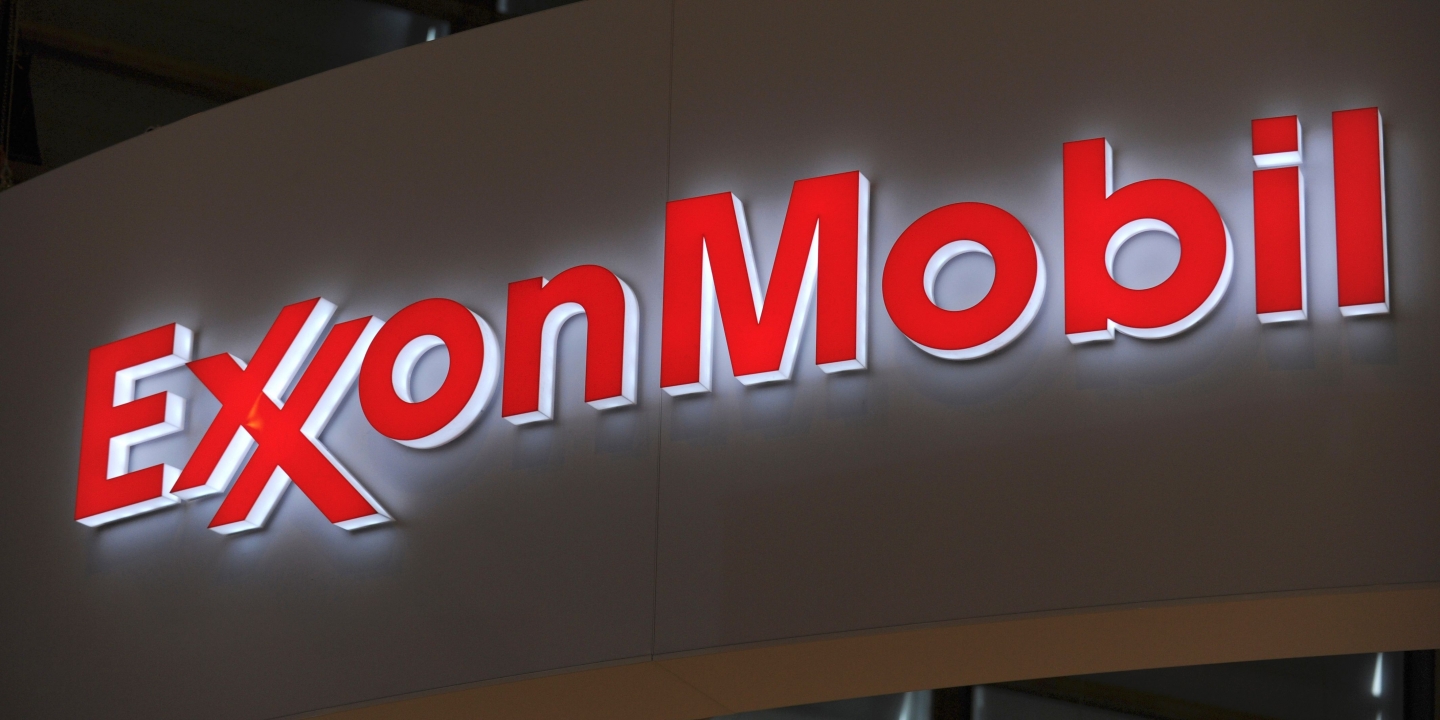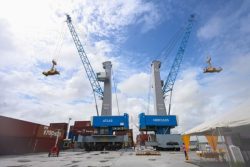ExxonMobil on Friday announced plans for the safe start-up of the Liza Destiny oil platform’s malfunctioning flash gas compressor system by June following repairs of key components.
“Repairs and upgrades to the third stage discharge silencer, a key component of the flash gas compression system for the Liza Destiny, are being progressed by MAN Energy Solutions at a facility in Houston, Texas. The manufacture of a redesigned [third] stage discharge venturi has been completed and it is being shipped to Guyana,” Public and Government Affairs Advisor Janelle Persaud said in a statement yesterday.
Persaud said that the there are plans for the equipment to be shipped back in the country and will be reassembled for safe start-up in June.
Exxon had previously stated that the flash gas compressor would not be repaired until July.
Exxon has increased flaring above pilot levels in order to maintain safe operations due to the malfunctioning of the flash gas compressor system and millions of cubic feet of gas have been flared per day raising numerous environmental and safety concerns. The flaring over the last year and a half would have significantly upped Guyana’s emission of greenhouse gases.
Friday’s statement came a day after the Environmental Protection Agency (EPA) announced that the Environmental Permit for the Liza Phase 1 Project has been modified and ExxonMobil’s subsidiary, Esso Exploration and Production Guyana Limited, will now be required to pay for gas flaring once it continues beyond a 14-day period. With the modification, there is an obligation on the company to pay for the emission of Carbon Dioxide equivalent (CO2 e) as a result of flaring in excess of timelines at the rate of US$30 per tonne of CO2e.
Meanwhile, according to Persaud’s statement, ExxonMobil Guyana Production Manager, Mike Ryan visited the MAN workshop in Houston this week to meet with the leadership team, technical experts and repair personnel, and have a firsthand look at the progress of repairs.
Persaud said that operations at the Liza Destiny are continuing safely and producing between 100,000 and 110,000 barrels of oil per day with a flare level below 15 Thousand Standard Cubic Feet per Day.
“ExxonMobil Guyana remains fully committed to resolving these technical challenges as quickly as possible, and remains engaged with relevant government agencies to ensure operations are executed safely taking environmental, technical and economic factors into consideration,” the statement concluded.









